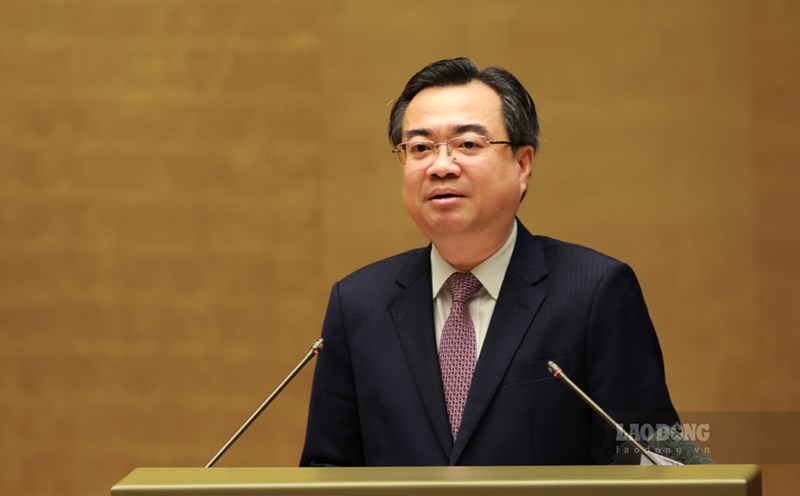Resolution No. 70-NQ/TW dated August 20, 2025 on ensuring national energy security until 2030, with a vision to 2045, orients the development of the electricity market in a competitive and transparent direction, while giving people and businesses the right to choose electricity suppliers according to their needs, instead of only depending on EVN.
This can be considered a historic turning point, because for many years, the Vietnamese electricity market has operated under a centralized wholesale mechanism, with EVN being the only seller.
When this Resolution comes into effect, people and businesses will no longer be passive, only waiting for monthly electricity bills and accept prices provided by a single unit. Instead, they can access and select a supplier that suits their usage conditions.
This right of choice is very meaningful. It is like consumers can choose the right telecommunications network, bank or airline. When there is a choice, customers become the "steer" of the market, while electricity supply businesses are forced to change to retain them.
In other words, from a passive position, people and businesses have stepped into a proactive position, with real decision-making power in hand. And that is the core of a healthy competitive market.
When there are many participating units in supplying, the electricity market is no longer a "one-stop playground". Electricity suppliers will have to compete with transparent prices, better customer service and, most importantly, stable and reliable supply.
Competition also means transparency. Electricity prices are no longer "unknown" decided by a single agency, but will be formed based on supply - demand, on a clear, long-term electricity purchase and sale contract mechanism. People have a basis to compare, choose and demand fairness.
Another positive point from the market opening is the opportunity to attract strong investment from the private sector, both domestically and internationally. Enterprises will have more motivation to participate in the energy sector, from building power generation plants, investing in transmission grids to modern energy storage projects.
In particular, the participation of the private sector will be an important lever for the development of renewable energy - solar power, wind power, and biomass. With many suppliers, people and businesses not only benefit from prices but also have the opportunity to access clean, environmentally friendly electricity sources.
This is a double impact: both increasing customer benefits and promoting technological innovation, contributing to the realization of the commitment to reduce net emissions by 0 by 2050.
A competitive electricity market, diversifying supply and suppliers will help Vietnam reduce dependence on a single source, thereby improving resilience to global fluctuations.
Of course, to make Resolution 70 truly come into life, to make the electricity market truly competitive, we need to strongly reform institutions. We must complete the legal framework for transparent electricity purchase and sale contracts, build an effective electricity transaction system, and completely handle the backlog of contracts and projects with late payment.
It can be said that Resolution 70 not only solves long-standing shortcomings, but also creates new momentum to restructure the electricity market. That is the shift from monopoly to competition, from passive to proactive, from centralized management to transparency and diversification.
People and businesses will be the first beneficiaries. And more broadly, the country will have another solid pillar for sustainable development in the new era.










